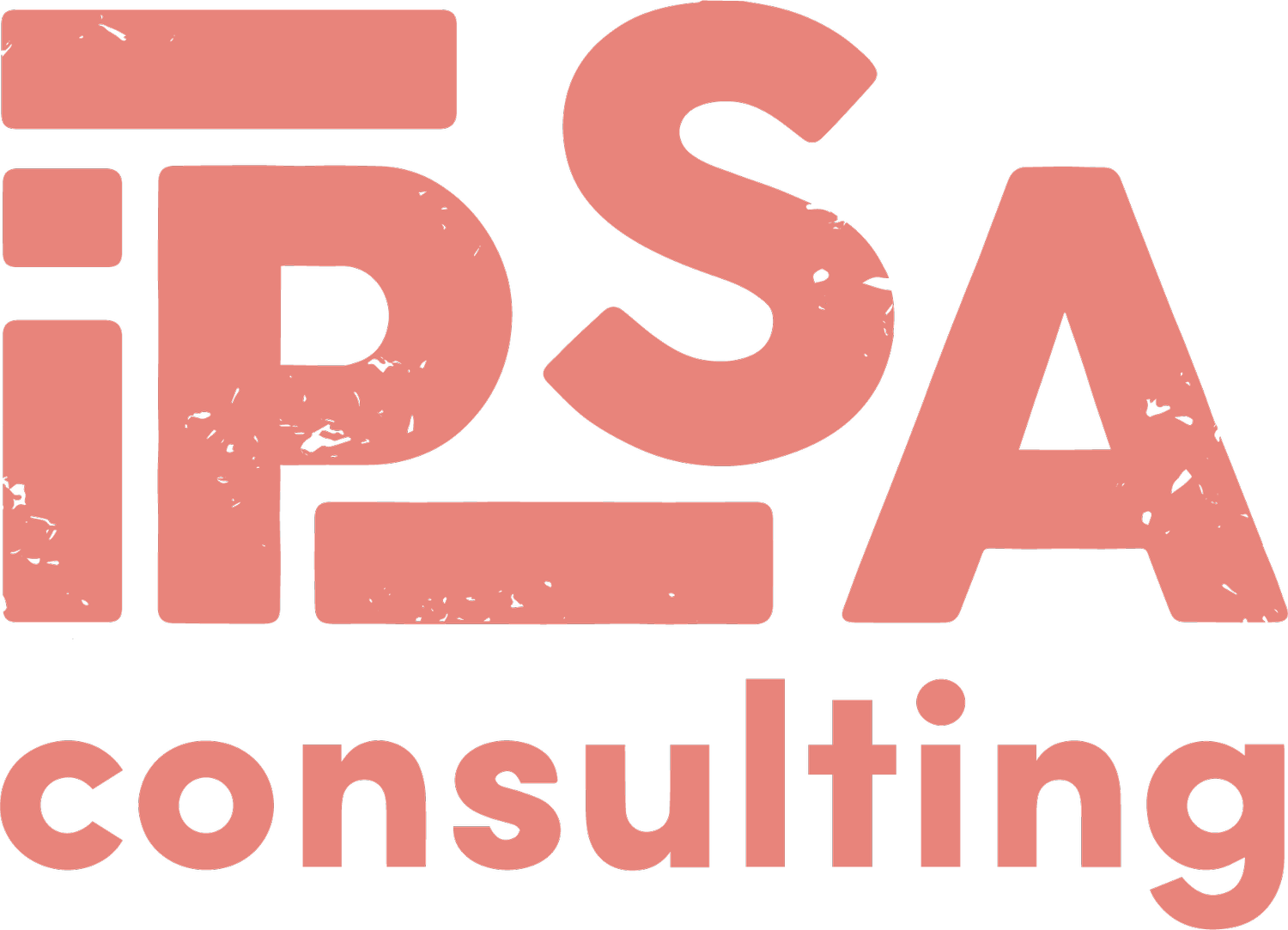Is ‘sustainable growth’ a paradox?
I come across this challenge often when I explain the work that I do and so here is my tuppence worth on what sustainable growth actually means.
On the face of it, sustainable growth can be considered a paradox because it presents two contradictory ideas:
Growth: Traditionally, growth is associated with increased consumption of natural resources, efficiencies in production, and improvements to economic activity. In short - it’s the myth that capitalism perpetuates. Over the centuries, this myth of growth has driven prosperity but it has also led to environmental degradation, natural resource depletion, and climate change.
Sustainability: Sustainability in this context requires maintaining ecological balance and meeting the needs of the present without compromising the ability of future generations to meet their own needs. This often involves reducing or reusing resources, minimising environmental impact, and promoting social equity.
Therefore a paradox arises from the tension between these two concepts. Below I shall (attempt to) give my thoughts on these tensions:
Can you continue to grow indefinitely on a finite planet with limited resources?
Of course not. And herein lies the issue - we’re stuck in this capitalist system of more, more, more and have to feed our families by earning money to survive. But, we need to do so whilst using less, regenerating natural systems, and sharing and reusing more natural resources etc etc.
So one school of thought is that there is a path to reaching this that will require the governments and individuals alike to unite - the Sustainable Development Goals, is an attempt to rally support and change for the cause. Socio-political events continue to disrupt any proactive progress being made and criticism is being hurled at a multilateral level which makes the whole process seem less optimistic than just five years ago…
Another school of thought suggests that the free-market is to blame:
“Our analysis suggests that neoliberal ideology has constrained collective action on climate change. The challenge of reducing emissions in line with 1.5–2 °C of warming grows larger every day as cumulative emissions increase, and the timeline shrinks. If U.S. policymakers remain beholden to neoliberal principles—despite much rhetoric to the contrary—the warming targets outlined in the Paris Agreement are a dead letter.”
This can all feel pretty hopeless in the face of the enormity of the challenge.
But there is a lot to be optimistic about. And this is why I do what I do…
For me, sustainable growth is this messy middle period in the bigger picture where global discourse is happening to improve our natural systems, create new ways of doing things and preserve earth’s resources for future generations. We’re in that awkward place where individual actions can feel completely pointless HOWEVER it is all counting, it is all making a difference. And we need to continue making waves for others to follow.
Among the multiple solutions being explored are:
Circular economy: Minimising waste and maximising resource reuse through closed-loop systems.
Green technologies: Developing and utilising green technologies that minimise environmental impact and promote renewable resources.
Degrowth: Redefining prosperity beyond traditional economic metrics and focusing on well-being, social justice, and environmental health.
Transformative business models: Companies shifting focus from shareholder value to broader stakeholder value, incorporating sustainability into their core strategies through frameworks such as B-Corp.
Ultimately, achieving sustainable growth requires a multifaceted approach involving technological innovation, policy changes, consumer behaviour shifts, and a broader understanding of what constitutes progress and prosperity. It's an ongoing challenge with no easy answers, but I believe that acknowledging the paradox is a crucial step towards finding sustainable solutions for our future - without acknowledgement of where we are, we aren’t going to be able to move forward from it.
I’d love to hear about what you’re working on that aids sustainable growth? Email me at cath@ipasconsulting.co.uk
